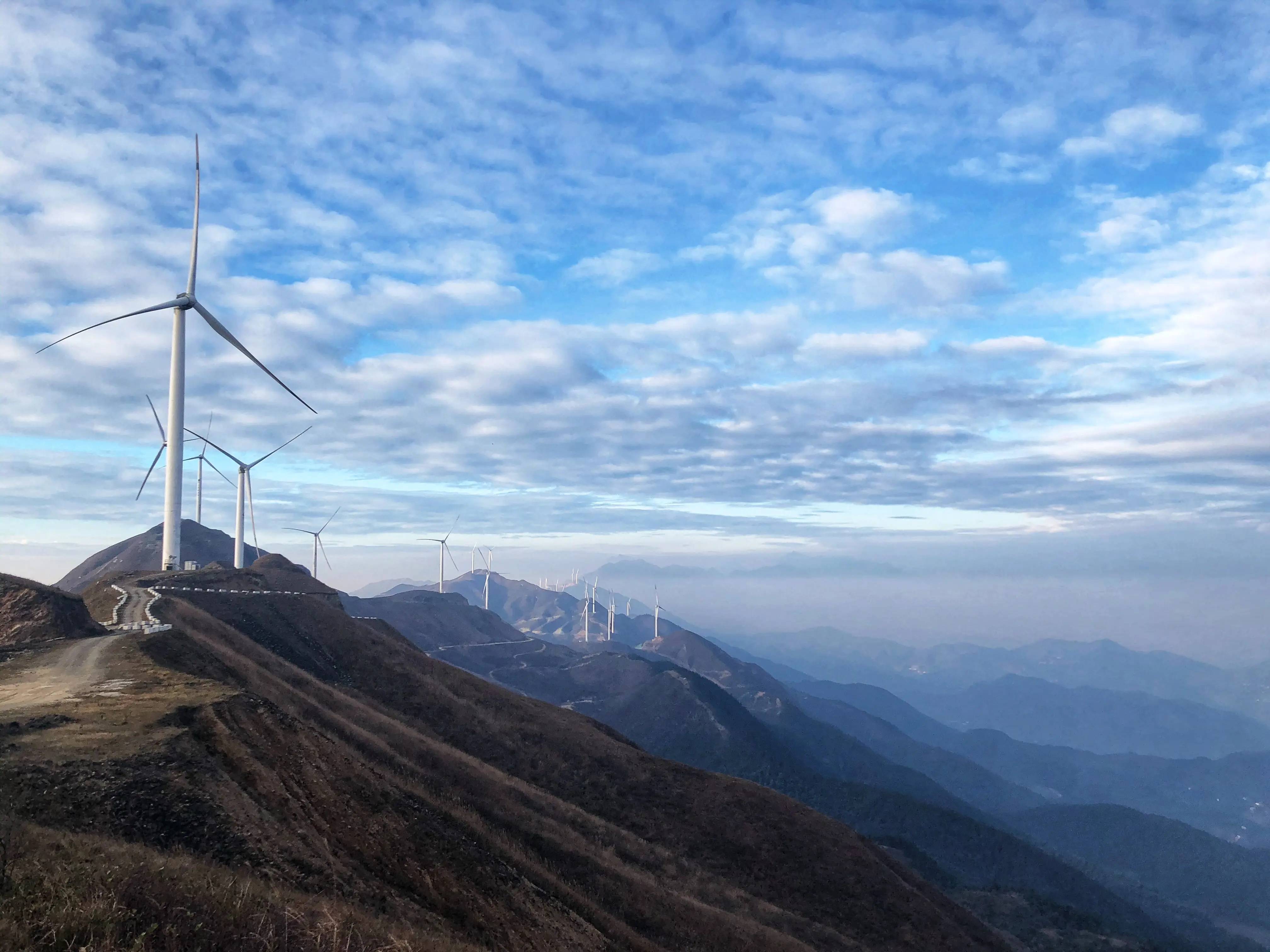
Th1 . 27, 2024 16:38 Trở lại danh sách
Lưới điện siêu nhỏ: Một ý tưởng đã đến lúc?
Khi dân số toàn cầu tiếp tục tăng, nhu cầu về điện ngày càng tăng. Tuy nhiên, có một số thách thức cần được giải quyết. Hiện tại, hơn một tỷ người trên toàn thế giới không được tiếp cận với lưới điện, trong đó có khoảng 200.000 người ở Canada không được kết nối với lưới điện Bắc Mỹ và hệ thống đường ống phân phối khí đốt tự nhiên.
Thiên tai và các hiện tượng thời tiết khắc nghiệt cũng đang gây ra tình trạng gián đoạn nguồn điện, dẫn đến mất điện hàng loạt có thể kéo dài nhiều ngày. Hơn nữa, khi một thành phần của hệ thống truyền tải gặp sự cố, nó có thể ảnh hưởng đến toàn bộ lưới điện, dẫn đến tình trạng mất điện trên diện rộng.
To tackle these issues, the concept of microgrids has gained popularity. A microgrid is a energy system that can operate independently or in conjunction with larger grids. It contains all the necessary components to provide electricity to a specific community, typically serving a smaller population of around a thousand or a few hundred people. This approach decentralizes the power supply generation and distribution process, making it more resilient and less prone to grid failures.
Unlike large-scale energy grids that connect buildings to central power supply sources like coal, nuclear, and gas plants, a microgrid functions as an isolated island. This independence can prove beneficial during crises such as storms or outages. Many microgrids utilize a combination of renewable energy sources and batteries, with natural gas serving as backup. While microgrid power supply is not necessarily more reliable, communities located far away from larger power sources can benefit from the localized control and ownership of electricity generation.
Một ví dụ đáng chú ý về lưới điện siêu nhỏ là lưới điện được xây dựng ở Sendai, Nhật Bản hơn một thập kỷ trước. Lưới điện siêu nhỏ này được cung cấp năng lượng từ sự kết hợp giữa năng lượng mặt trời, khí đốt và bộ lưu trữ pin. Trong trận động đất và sóng thần tàn khốc năm 2011, lưới điện siêu nhỏ Sendai đã cung cấp điện và nhiệt cho bệnh viện giảng dạy của Đại học Tohoku Fukushi, đảm bảo duy trì các dịch vụ quan trọng ngay cả khi mất điện trên diện rộng.
The impacts of power outages on society and the economy are significant, and the climate crisis exacerbates these challenges. Jana Ganion, energy director for Blue Lake Rancheria, an Indigenous reserve in California, emphasizes the urgent need for solutions, stating, "Widespread power outages cause a lot of social and economic damage and destruction. And the climate crisis is making all of this worse." Blue Lake Rancheria successfully launched a solar microgrid in 2015, providing electricity to thousands of people nearby when millions of Californians had their power supply shut off due to wildfire risk.

However, setting up a microgrid can be a costly endeavor, particularly in densely populated urban or suburban areas with existing infrastructure. Consumers tend to stick with what is already in place, and for the majority of Canadians, that means relying on hydroelectric power supply. Nuclear and coal plants are also significant power sources in the country. Raising the necessary capital for building power plants, whether they are traditional or microgrids, is challenging for some countries. The autonomy and self-sufficiency that microgrids offer can be especially relevant in such cases.
Có gần 300 cộng đồng vùng sâu vùng xa trên khắp Canada phụ thuộc nhiều vào lưới điện siêu nhỏ chạy bằng dầu diesel để phát điện. Nhận thấy sự cần thiết của các lựa chọn xanh hơn, chính phủ liên bang Canada đã hợp tác với các thực thể trong khu vực trong thập kỷ qua để khám phá và thực hiện các giải pháp năng lượng bền vững hơn. Ngoài việc cung cấp điện, lưới điện siêu nhỏ cũng có thể đóng một vai trò quan trọng trong việc tiếp cận nước uống sạch bằng cách cung cấp năng lượng cho quá trình xử lý.
In conclusion, the global demand for electricity continues to rise, and challenges such as lack of access to energy grids and disruptions caused by natural disasters persist. Microgrids have emerged as a promising solution, offering localized power supply generation and distribution systems that can operate both independently and in conjunction with larger grids. While establishing microgrids can be costly, they provide autonomy and resilience, especially in remote areas or during crises. Exploring greener options, such as renewable energy sources, battery storage, and natural gas backup, can make microgrids even more sustainable and beneficial for communities.
Sẽ bị xóa nếu vi phạm
Trang web tham khảo: https://www.cbc.ca
-
Wireless DC Charging: The Next Frontier in Contactless EV Power Delivery
Tin tứcAug.04,2025
-
Hybrid BMS Energy Controls: Integrating Renewable Energy Sources
Tin tứcAug.04,2025
-
Blockchain for Secure and Decentralized EMS Power Systems
Tin tứcAug.04,2025
-
AI-Driven for Smart Grids: Energy Management System (EMS)
Tin tứcAug.04,2025
-
Advanced Distribution Management System (ADMS) Energy
Tin tứcAug.04,2025
-
5G-Enhanced BMS Energy Savings: Ultra-Low Latency Control
Tin tứcAug.04,2025























